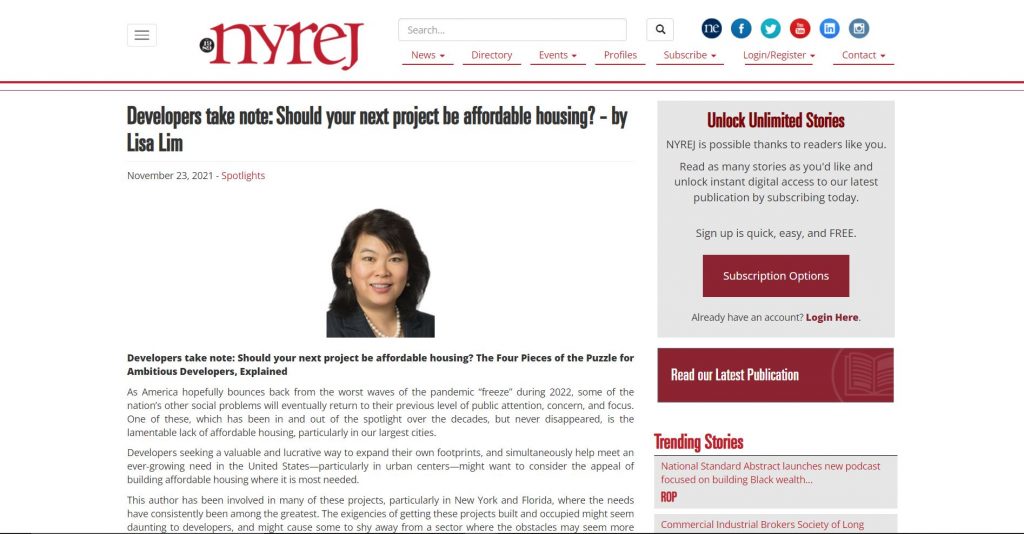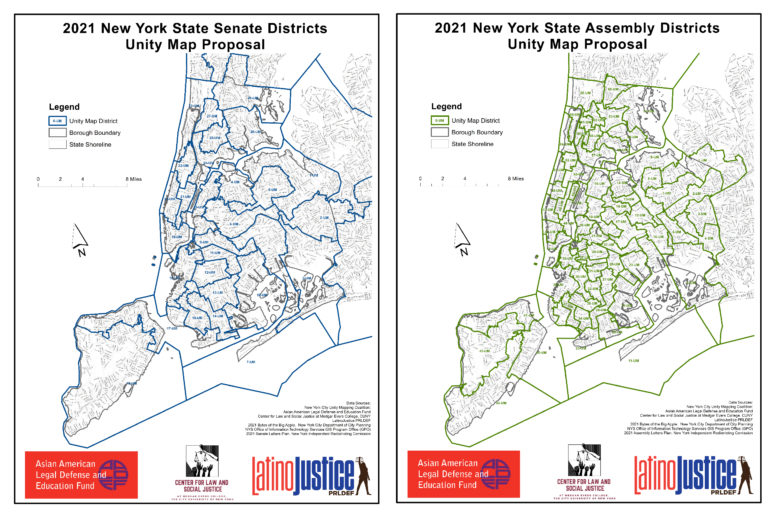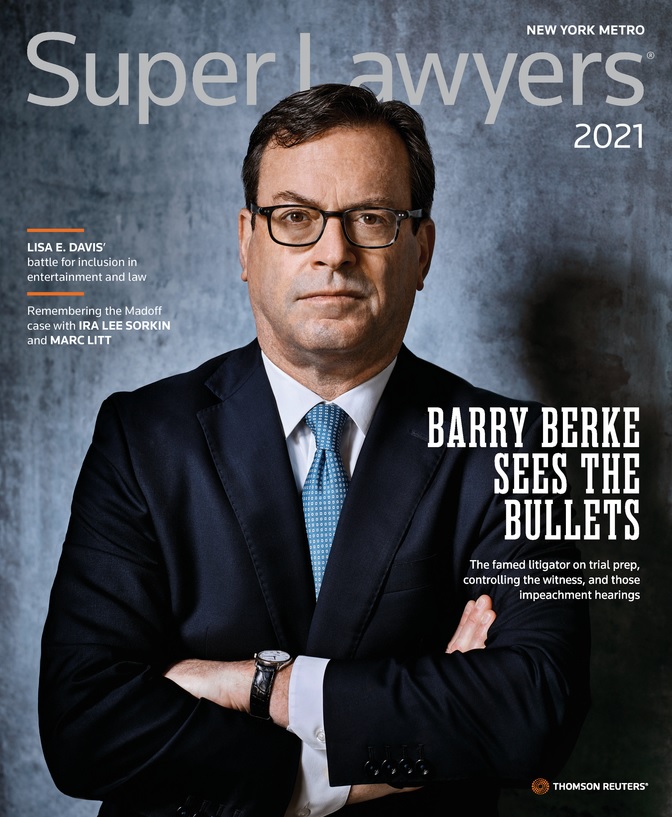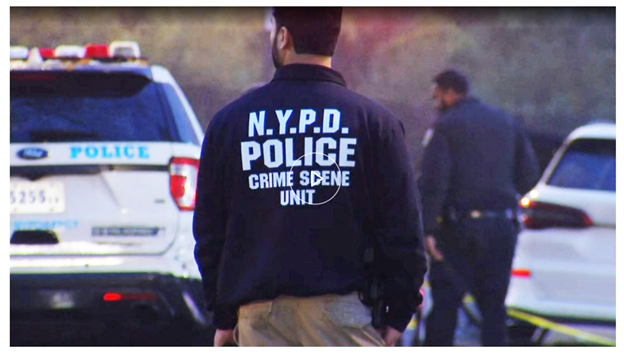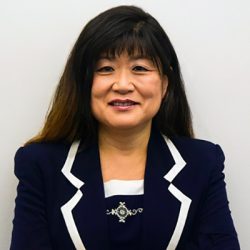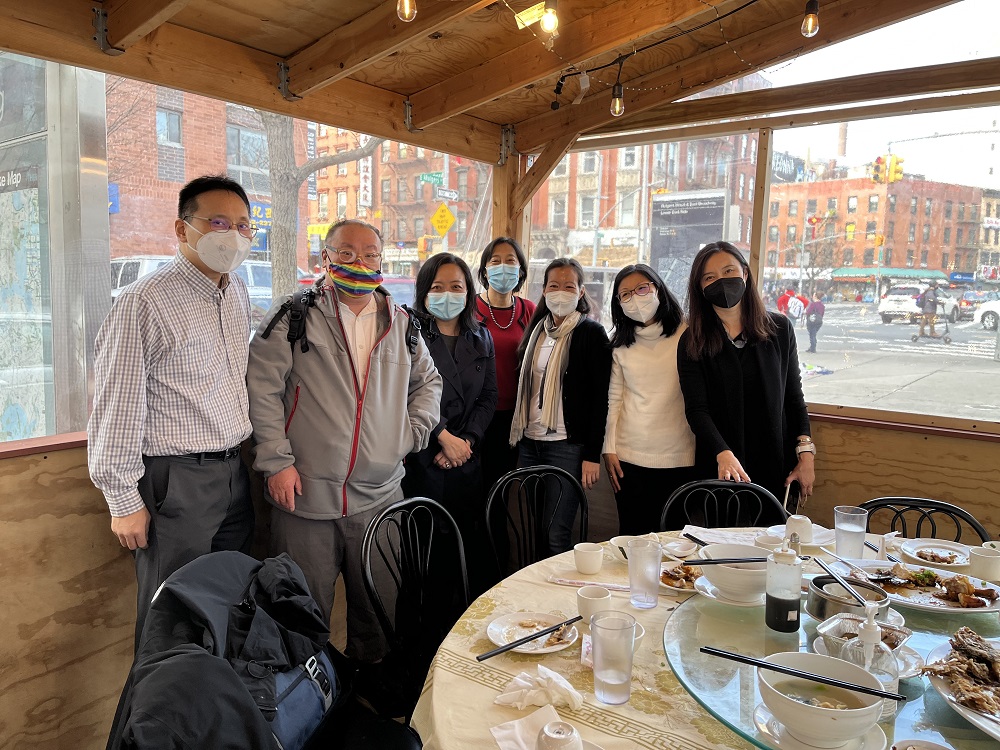WASHINGTON –Today [January 19th], the Biden administration announced the nominations of three AAPIs to the following U.S. District Courts: Nusrat Choudhury to the Eastern District of New York, Robert S. Huie to the Southern District of California, and Judge Nina Wang to the District of Colorado.
“NAPABA applauds the Biden administration for honoring its commitment to nominate a more representative judiciary,” said A.B. Cruz III, Acting President of NAPABA. “To date, there are a total 45 AAPI Article III judges, ten of whom were confirmed within President Biden’s first year in office.
“Ms. Choudhury, Mr. Huie and Judge Wang have impeccable careers, serving our nation in government and civil rights. We thank Senators Schumer, Feinstein, Bennet, Gillibrand, Padilla and Hickenlooper for recommending them and NAPABA urges the Senate to quickly confirm them.”
Nusrat Choudhury is the Roger Pascal Legal Director at the American Civil Liberties Union (ACLU) of Illinois where she oversees a team advancing civil rights and civil liberties. She has more than a decade of experience advocating for underserved communities in her previous roles at the ACLU Foundation in New York. Choudhury clerked for the Honorable Barrington D. Parker of the U.S. Court of Appeals for the Second Circuit and for the Honorable Denise Cote of the U.S. District Court for the Southern District of New York. She received her B.A. from Columbia University, M.P.A. from Princeton University and J.D. from Yale Law School. If confirmed, Choudhury would be the first Bangladeshi American to serve as an Article III judge.
Robert S. Huie is a former Assistant U.S. Attorney in the Southern District of California where he served as deputy chief of the Major Frauds and Public Corruption Section. He has also served in the U.S. Department of Justice as a resident legal advisor and diplomat in the U.S. Embassies in North Africa and Eastern Europe. He currently serves as counsel at Jones Day San Diego. Huie clerked for the Honorable José A. Cabranes of the U.S. Court of Appeals for the Second Circuit and is a graduate of Calvin College and Yale Law School.
Judge Nina Y. Wang is a U.S. magistrate judge for the U.S. District Court for the District of Colorado. Previously, she served as an Assistant U.S. Attorney in Colorado and was a partner at Faegre Baker Daniels LLP. Judge Wang clerked for the Honorable Peter J. Messitte of the U.S. District Court for the District of Maryland and is a graduate of Washington University and Harvard Law School. Active in the AAPI community, Judge Wang is a recipient of NAPABA’s Best Under 40 Award and served as president of NAPABA’s Colorado affiliate APABA Colorado.
| ### The National Asian Pacific American Bar Association (NAPABA), represents the interests of over 60,000 Asian Pacific American (APA) legal professionals and nearly 90 national, state, and local APA bar associations. NAPABA is a leader in addressing civil rights issues confronting APA communities. Through its national network, NAPABA provides a strong voice for increased diversity of the federal and state judiciaries, advocates for equal opportunity in the workplace, works to eliminate hate crimes and anti-immigrant sentiment, and promotes the professional development of people of all backgrounds in the legal profession. |


